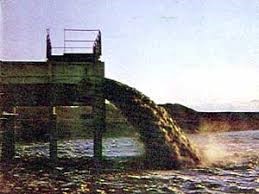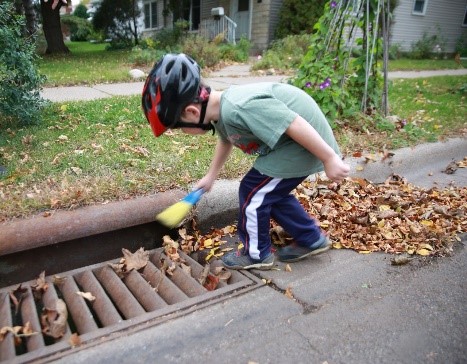Fifty years ago, the first Earth Day launched our modern age of concern for our common home, Mother Earth. Only years later, Duluth was the stage for one of the most dramatic water quality lawsuits of all time – Reserve Mining vs. US EPA. Reserve’s taconite production resulted in waste; powdered rock with fibrous, carcinogenic minerals flowed directly to Lake Superior thereby entering Duluth’s drinking water supply. Protecting Lake Superior and human health ultimately prevailed in this courtroom drama, eliminating this terrible source of water pollution.
Sources of industrial pollution were eliminated across the state and nation using the newfound authority spelled out in the Clean Water Act of 1972 and significant state and federal funding helped accelerate the treatment of municipal sewage. The cumulative impacts on water quality have been huge.
That was our parents’ Earth Day accomplishment for water quality. What can we, the current generation of NGO’s, activists, regulators, and lawmakers point to as our contribution when fifty-six percent of Minnesota’s freshwaters fail to meet water quality standards? We passed the Clean Water Legacy Act in 2008 and created the Clean Water Fund to build the most comprehensive datasets on water. In Minnesota, we know exactly how and where everything is impaired. We even have a recipe for making them better. That’s an incredible achievement. But where do we go from here when there is no effective way to compel these improvements through regulation?
Making progress feels harder and gains are incremental, in part because the remaining sources of water pollution seep in from everywhere and everyone. This every day and everywhere pollution, (aka non-point pollution) is simply a by-product of our way of life. Flashy strategies like a state-of-the-art water treatment plant, while important, cannot improve water quality enough to reach our goals. Even individual choices and actions, while important because they solve localized problems, set positive examples, and train us to think and behave differently as a society, fall short.
As I reflect on the hope and pride that I felt 50 years ago on that first Earth Day, picking up trash around my Roseville grade school, my Earth Day priority is to draw on my experience, history, and perspective to inspire, support, and empower this next generation. They seem poised to re-envision our societal systems and move to more sustainable economies for food, clothing, shelter, transportation, and health, all of which will restore and protect our freshwater.
-John Linc Stine, executive director
For distance learning, my k-2 students adoptrd a drain!